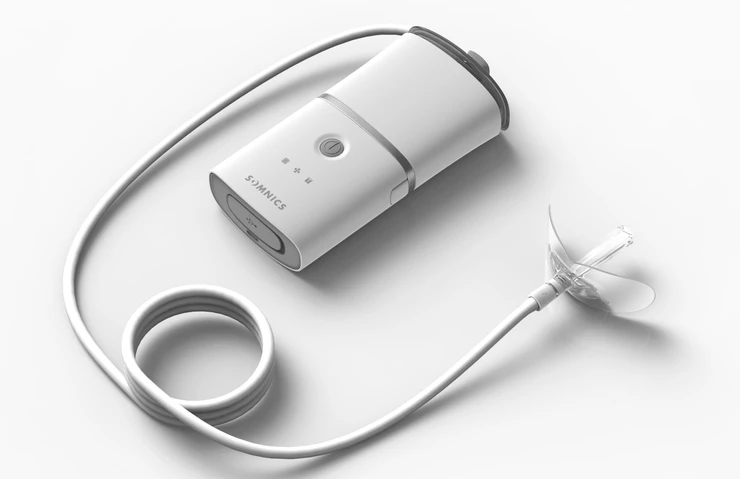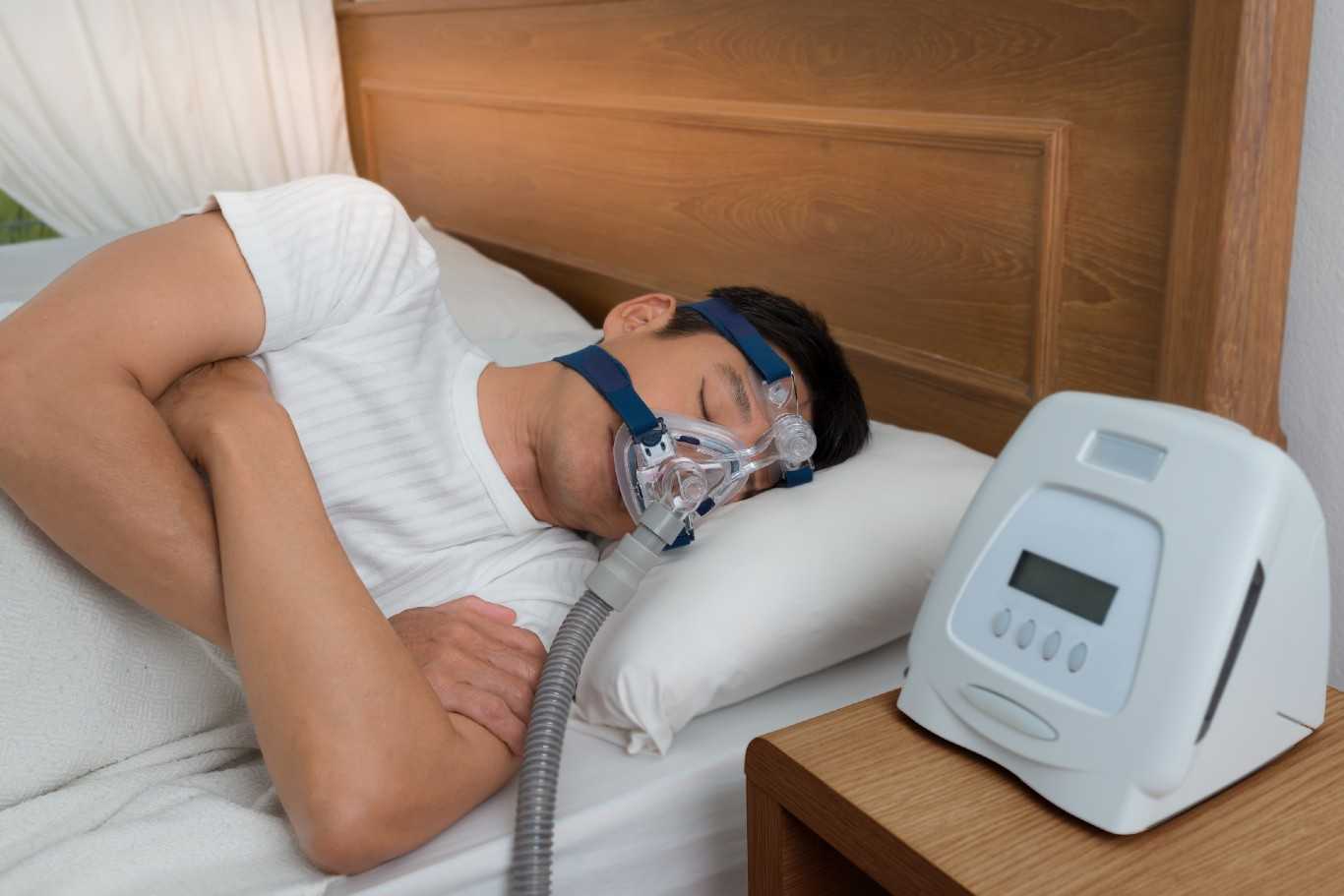Advanced Sleep Therapy - Achieve Deep, Peaceful Sleep
Advanced Sleep Therapy - Achieve Deep, Peaceful Sleep
Blog Article
Effective Treatment Solutions for Handling Sleep Disorders and Enhancing Peaceful Rest
In the world of health care, the administration of sleep problems and the mission for peaceful rest are pivotal components of overall wellness. As we browse the elaborate landscape of rest disorders and look for to improve our rest experience, a deeper understanding of these treatment services might hold the trick to unlocking a much more refreshing and meeting restorative journey.
Cognitive Behavior Modification for Sleep Problems (CBT-I)
Cognitive Behavior Modification for Sleeping Disorders (CBT-I) is an organized, evidence-based treatment approach that concentrates on resolving the underlying elements contributing to rest disruptions. This kind of treatment intends to change actions and ideas that intensify sleeplessness, ultimately promoting healthy and balanced sleep patterns. CBT-I commonly includes a number of crucial elements, including cognitive therapy, sleep constraint, stimulus control, and sleep health education and learning.
Cognitive treatment assists people determine and alter unfavorable idea patterns and ideas regarding rest that may be preventing their ability to fall or stay asleep. Sleep constraint includes limiting the quantity of time invested in bed to match the individual's real sleep period, therefore increasing sleep performance (cognitive behavioral therapy for insomnia (CBT-I)). Stimulation control techniques help develop a strong organization between the bed and rest by encouraging people to visit bed only when drowsy and to prevent engaging in promoting activities in bed
In addition, rest health education concentrates on creating healthy and balanced sleep habits, such as maintaining a regular sleep timetable, creating a relaxing bedtime regimen, and optimizing the rest atmosphere. By resolving these aspects adequately, CBT-I provides an effective non-pharmacological intervention for taking care of sleeplessness and enhancing overall sleep high quality.
Rest Hygiene Practices
Having actually established the structure of cognitive restructuring and behavior alterations in attending to sleep problems through Cognitive Behavior modification for Sleep Problems (CBT-I), the emphasis now moves towards discovering vital Rest Hygiene Practices for keeping optimum rest top quality and overall well-being.
Sleep hygiene techniques encompass a series of routines and ecological factors that can considerably impact one's ability to fall asleep and stay asleep throughout the night. Constant rest and wake times, producing a relaxing bedtime routine, and maximizing the rest environment by keeping it dark, peaceful, and cool are critical components of great sleep health. Limiting direct exposure to displays before going to bed, avoiding stimulants like caffeine close to going to bed, and participating in regular exercise throughout the day can likewise promote better rest top quality.
Moreover, exercising relaxation techniques such as deep breathing exercises or meditation before bed can assist soothe the mind and prepare the body for rest. By incorporating these rest health practices right into one's everyday routine, people can establish a healthy and balanced sleep pattern that sustains relaxing rest and general well-being.
Leisure Methods and Mindfulness
Implementing relaxation strategies and mindfulness techniques can play a critical function in fostering a sense of tranquility and advertising quality sleep. Furthermore, directed images can aid deliver people to a serene area in their minds, aiding in anxiety decrease and improving rest quality.
By incorporating these practices into a bedtime regimen, individuals can indicate to their bodies that it is time to prepare and relax for sleep. Overall, integrating leisure methods and mindfulness practices can considerably contribute to managing sleep problems and boosting overall rest quality.

Medicine Options for Sleep Disorders
After discovering leisure methods and mindfulness practices as non-pharmacological interventions for improving sleep quality, it is important to consider medicine options for people with rest conditions. In situations where lifestyle changes and therapy do not provide adequate alleviation, medication can be an important tool in taking care of sleep disturbances.
Generally recommended medicines for sleep problems waking up with anxiety in the night include benzodiazepines, non-benzodiazepine hypnotics, antidepressants, and melatonin receptor agonists. Antidepressants, such as trazodone, can be valuable for people with co-occurring clinical depression and rest disruptions - sleep improvement therapy.
It is important for individuals to seek advice from a doctor to determine one of the most suitable drug choice based on their specific rest condition and clinical history.
Light Treatment for Circadian Rhythm Regulation
Light therapy, also recognized as phototherapy, is a non-invasive therapy approach made use of to control body clocks and enhance sleep-wake cycles. This therapy entails exposure to brilliant light that resembles all-natural sunshine, which helps to reset the body's body clock. By revealing people to specific wavelengths of light, typically in the morning or evening depending upon the wanted effect, light therapy can efficiently change the circadian rhythm to promote wakefulness throughout the day and improve peaceful rest at evening.
Research has actually revealed that light treatment can be particularly advantageous for people with circadian rhythm problems, such as postponed sleep stage syndrome or jet lag. It can likewise be useful for those experiencing seasonal affective problem (SAD), a kind of anxiety that typically occurs during the winter season when all-natural light direct exposure is decreased. Light treatment is typically well-tolerated and can be utilized in combination with various other treatment techniques for sleep conditions to enhance outcomes and boost total rest top quality.
Conclusion
To conclude, effective treatment solutions for linked here managing sleep problems and enhancing restful rest include Cognitive Behavior modification for Sleeping Disorders (CBT-I), sleep hygiene practices, leisure strategies and mindfulness, drug choices, and light therapy for body clock regulation. These techniques can help people improve their rest quality and overall wellness. It is essential to seek advice from a doctor to determine the most suitable strategy for resolving sleep issues.
As we navigate the complex landscape of sleep problems and seek to improve our rest experience, a much deeper understanding of these therapy solutions may hold the trick to unlocking an extra rejuvenating and fulfilling corrective journey.
Sleep constraint entails restricting the amount of time invested in bed to match the person's actual sleep period, therefore raising rest efficiency. Regular sleep and wake times, producing a relaxing bedtime routine, and maximizing the sleep setting by keeping description it dark, silent, and cool are critical elements of excellent sleep health. Light treatment is typically well-tolerated and can be made use of in combination with various other treatment approaches for rest disorders to enhance outcomes and enhance total sleep high quality.

Report this page